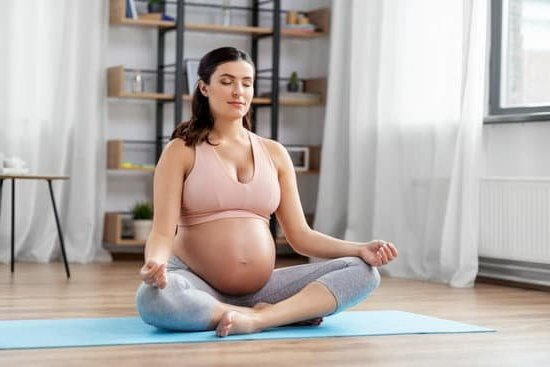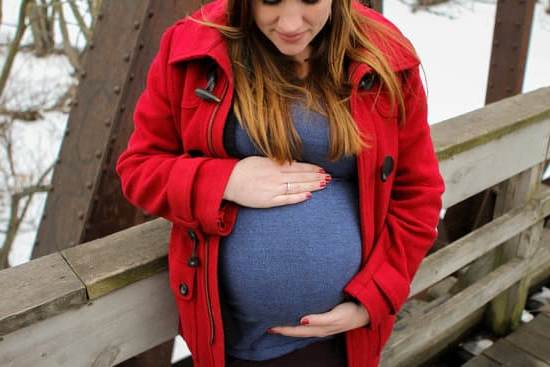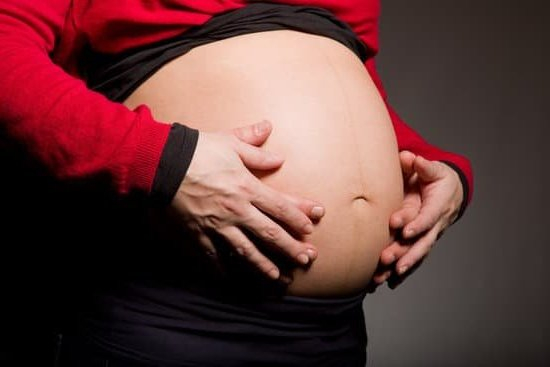When it comes to fertilizing a woman’s egg, there are many things to consider. The most important factor is the health of the egg. The egg must be healthy in order to be fertilized and result in a successful pregnancy.
There are many ways to improve the health of a woman’s egg. One of the most important is to make sure she is getting enough nutrients. A woman’s diet is very important when it comes to fertility. She should eat plenty of fruits and vegetables, and make sure she is getting enough protein and carbohydrates.
Another important factor is her weight. Women who are overweight or obese are more likely to have problems with fertility. This is because excess weight can lead to hormonal problems and make it more difficult for the egg to be fertilized.
Finally, it is important for a woman to get regular check-ups with her doctor. This is especially important if she is trying to get pregnant. Regular check-ups can help identify any potential problems that may be preventing her from becoming pregnant.
When Are Women Fertile
?
There is no one answer to this question as women’s fertility can vary from cycle to cycle and even day to day. However, there are some general guidelines that can help you determine when you are most likely to be fertile.
The first step is to determine when you are ovulating. This usually occurs about 14 days before your next period, but can vary from cycle to cycle. To track your ovulation, you can use a fertility monitor, ovulation predictor kit, or simply track your basal body temperature.
Once you know when you are ovulating, you can then determine when you are most likely to be fertile. The two most fertile days are usually the day of ovulation and the day before ovulation. However, you can be fertile for up to five days before ovulation and up to two days after ovulation.
If you are trying to conceive, it is important to have intercourse on at least one of these days. However, it is also important to keep in mind that not every woman ovulates on the 14th day of her cycle, so you may need to track your ovulation for a few cycles to determine your most fertile days.
Fertility Tests Women
’s fertility declines with age so it is important to know when the best time is to have a baby. Women are born with all the eggs they will ever have. As a woman ages, the number of eggs remaining decreases. The ability of the remaining eggs to produce a healthy baby also declines. This is why fertility doctors often recommend that women try to conceive in their early to mid-20s.
There are several ways to test a woman’s fertility. The most common fertility test is a Pap smear. A Pap smear is a test that checks for cervical cancer. The test also can show whether a woman has an infection or other problems that could make it difficult to get pregnant.
Another common fertility test is a pelvic ultrasound. A pelvic ultrasound is a test that uses sound waves to create a picture of the woman’s reproductive organs. This test can help doctors see if a woman has any problems with her ovaries or uterus.
If a woman is having trouble getting pregnant, her doctor may also order other tests, such as a blood test to measure hormone levels or a semen analysis. A semen analysis checks the quality of a man’s sperm.
Getting pregnant is not always easy. If a woman has trouble getting pregnant, she may need to see a fertility specialist. A fertility specialist can help a woman figure out why she is having trouble getting pregnant and suggest ways to improve her chances of having a baby.
What Makes A Woman Fertile
?
There is no one answer to this question, as fertility can depend on a number of factors. However, there are some general things that make a woman more fertile.
One of the most important factors is a woman’s age. Fertility begins to decline in a woman’s 30s, and it drops significantly after age 35. This is due to a number of factors, including a decrease in the number of eggs available and a decrease in the quality of those eggs.
Another important factor is a woman’s health. Being overweight or obese can negatively affect fertility, as can being underweight. Smoking, drinking alcohol, and using drugs can also decrease fertility. Additionally, chronic health conditions like diabetes or thyroid problems can impact fertility.
Finally, certain lifestyle habits can also affect fertility. Regular exercise is beneficial, but excessive exercise can be harmful. Similarly, a healthy diet is important, but eating too few calories or too many can be a problem.
How To Check Women’S Fertility
There are a few ways to check a woman’s fertility. One way is to track basal body temperature (BBT). This is the temperature of the body when it is at rest. To track BBT, a woman takes her temperature every morning before she gets out of bed. The temperature will be lower when a woman is ovulating and higher when she is not ovulating. Another way to check fertility is to track cervical mucus. Cervical mucus changes throughout a woman’s cycle and becomes more fertile when she is ovulating. To track cervical mucus, a woman needs to check her mucus every day. She can do this by wiping her vagina with a tissue and looking at the mucus on the tissue. Finally, a woman can have a fertility test done. A fertility test measures a woman’s hormone levels.

Welcome to my fertility blog. This is a space where I will be sharing my experiences as I navigate through the world of fertility treatments, as well as provide information and resources about fertility and pregnancy.





